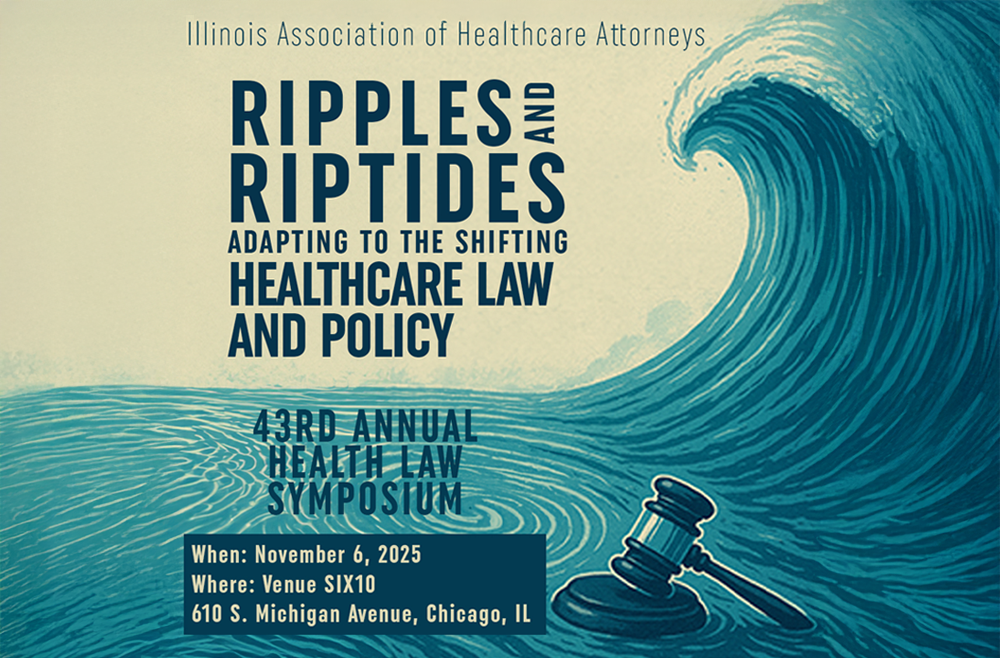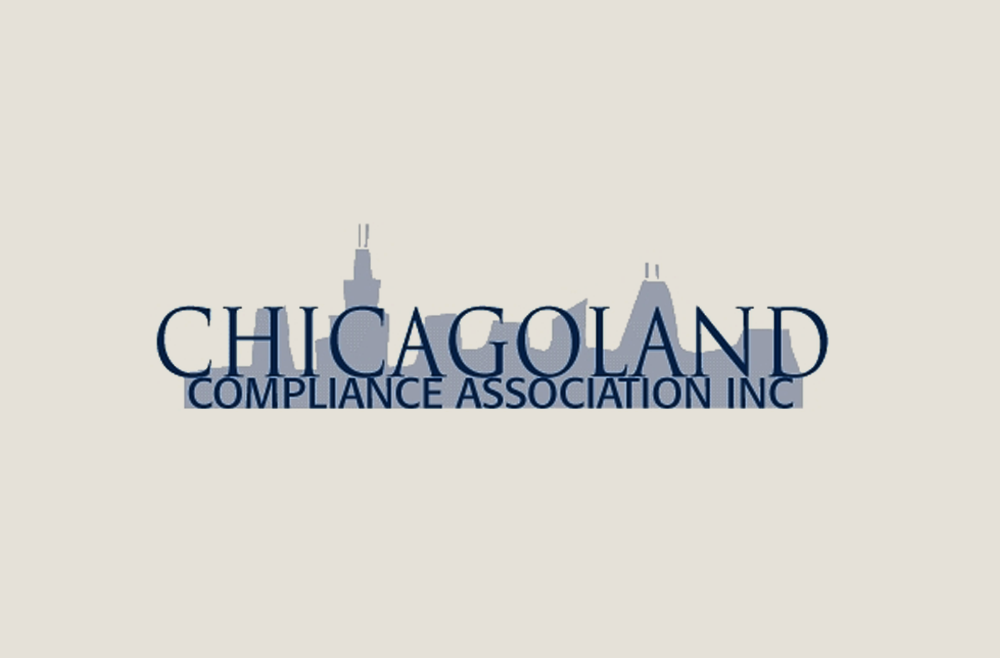Consumer Law Hinsights – May 2021 Edition
Hinshaw Newsletter | 5 min read
May 2021
Consumer Law Hinsights is a monthly compilation of nationwide consumer protection cases of interest to financial services and accounts receivable management companies.
Expand each of the topics below to read our full analyses.
SCOTUS Finds FTC Cannot Award Restitution or Disgorgement under Section 13(b) of the FTC Act
On April 22, 2021, the U.S. Supreme Court reversed a Ninth Circuit decision regarding section 13(b) of the Federal Trade Commission Act (Act). The opinion addresses whether the Act also authorized the FTC to demand relief in the form of money (including restitution) by authorizing the FTC to seek injunctions.
In AMG Capital Management, LLC v. Federal Trade Commission, a payday lender appealed a Ninth Circuit decision that allowed the Commission to seek an injunction and payment of $1.27 billion in restitution and disgorgement. SCOTUS found that the FTC could only seek injunctive relief in court and that any restitution had to first go through the Act's administrative procedures and redress provisions unless Congress amended the Act.
Since the early 1970s, the FTC has been using its authority under the Act to obtain injunctive relief and acquire restitution awards on behalf of consumers. While multiple amicus briefs were submitted in support of continuing this practice, SCOTUS found a clear showing that the Act's language limited the court's authority to only enter injunctive relief. Whether or not allowing additional consumer redress was desirable was not a decision they chose to determine at this time.
The case is AMG Cap. Mgmt., LLC v. Fed. Trade Comm'n, No. 19-508, 2021 WL 1566607 (U.S. Apr. 22, 2021).
Second Circuit Finds Article III Standing Based on State Law Violation
In 2016, Spokeo provided that Article III standing required plaintiffs to show: 1) an injury in fact; 2) a causal connection between that injury and the conduct at issue; and 3) a likelihood that the injury will be redressed by a favorable decision. Specifically, an injury in fact requires a legally protected interest that is concrete, particularized, and actual or imminent, not conjectural or hypothetical.
In Maddox v. Bank of New York Mellon, the Second Circuit found that a violation of a legally protected interest met the requirements of an injury in fact sufficient to support Article III standing. Plaintiffs were two sisters with a discharged mortgage owned by BNY Mellon. According to New York law, the bank was required to file a satisfaction of mortgage with the county clerk's office within 30 days of the mortgage being discharged. Almost a year later, the bank had not done so, and the plaintiff sisters brought suit. The defendant bank moved to dismiss the action, claiming that the plaintiffs had suffered no actual damages, but the district court found that failure to timely record the satisfaction of the debt could cloud title of the property, inhibit sale of the property, and affect the plaintiffs' credit amounting to sufficient injury for Article III purposes.
All-in-all, even with the added clarity provided by Spokeo, it's clear that there is still much to be ironed out with regards to Article III standing. For more discussion, read our blog post.
The case is Maddox v. Bank of New York Mellon Tr. Co., N.A.; No. 19-1774, 2021 WL 1846308 (2d Cir. May 10, 2021).
Another Seventh Circuit Ruling that Standing in FDCPA Claims Requires Injury
On May 14, 2021, the Seventh Circuit held in Markakos v. Medicredit that a violation of the Fair Debt Collection Practices Act (FDCPA) requires harm, or must at least present an appreciable risk of harm, in order to meet the requirements of Article III standing. As the court stated, "in the last five months, [we have] held eight times that a breach of the Fair Debt Collection Practices Act (FDCPA) does not, by itself, cause an injury in fact."
In Markakos, the defendant sent a letter to the plaintiff seeking to collect on an outstanding debt. Plaintiff's attorney then responded to defendant disputing the debt, and defendant sent plaintiff's counsel a response listing a lower amount owed. Plaintiff then brought suit against defendant, alleging violation of the FDCPA by failing to provide accurate information. While the court did not deny that the information provided may have contained inaccuracies, it ultimately found that such inaccuracies were irrelevant as the information caused plaintiff no harm. Because plaintiff admitted that she properly disputed her debt and never overpaid, the Seventh Circuit found no actionable harm to meet the requirements of Article III standing.
The case is Markakos v. Medicredit, Inc.; No. 20-2351, 2021 WL 1937267 (7th Cir. May 14, 2021).
Eleventh Circuit Holds CRAs Responsible for Conducting an Independent Investigation of Consumer Disputes
In a recent FCRA matter, the Eleventh Circuit rejected the argument that the Credit Reporting Agency's (CRA) procedures were reasonable as a matter of law and thus rejected its award of summary judgment. They specifically pointed to the fact that the plaintiff had provided a sufficiently detailed notice to the CRA for it to investigate, and the CRA only forwarded the letter to its data furnisher and conducted no independent investigation. While the court didn't see enough for summary judgment in favor of the CRA, it also held that Experian's actions were not willful.
The plaintiff, Henry Losch, filed for bankruptcy in 2017, at which time his house was liquidated and sold. The debt was transferred to Nationstar Mortgage LLC, which reported the outstanding obligation to Experian. In 2018, when Losch discovered the delinquency still on his credit report (even though it had been discharged), he wrote a letter to Experian explaining the inaccuracy. Experian, as a part of its usual practice common in the industry, inquired with Nationstar. Nationstar affirmed the debt and added outstanding amounts to the account. Experian passed this information along to Losch and closed the inquiry. Losch subsequently brought suit.
In determining standing, the Eleventh Circuit relied on its earlier ruling in Pedro v. Equifax, Inc., finding the reporting of false information in credit reports to be the equivalent of defamation and thus removed a need to show any actual harm or damages; rather, the reporting itself was the injury. The court also pointed out that Experian was not required to look into the judicial rulings or draw legal conclusions as a part of its investigation but also was not entitled to summary judgment without conducting some sort of independent investigation once the consumer had provided a detailed explanation.
This case could cause some ripples within the dispute process industry, including for furnishers of information, as the opinion does not give guidance on what would have constituted a reasonable investigation under the circumstances.
The case is Henry Losch v. Nationstar Mortgage LLC; et al.; No. 20-10695, WL 1653016 (11th Cir. Apr. 28, 2021).














